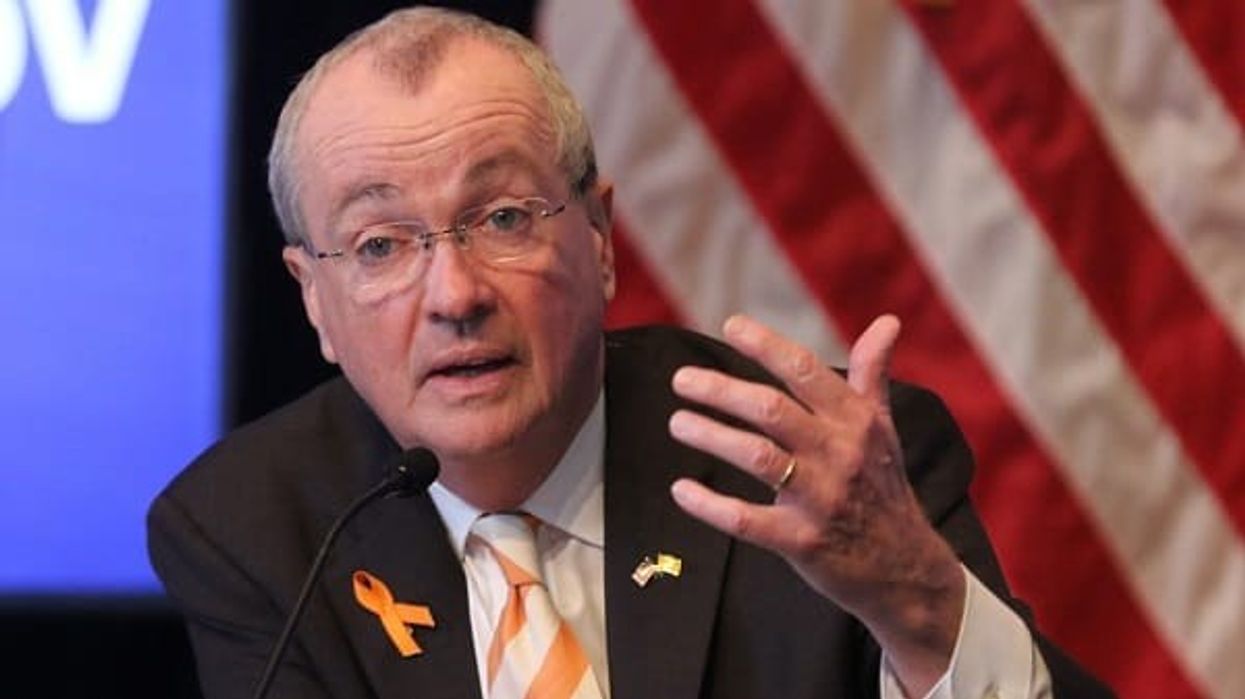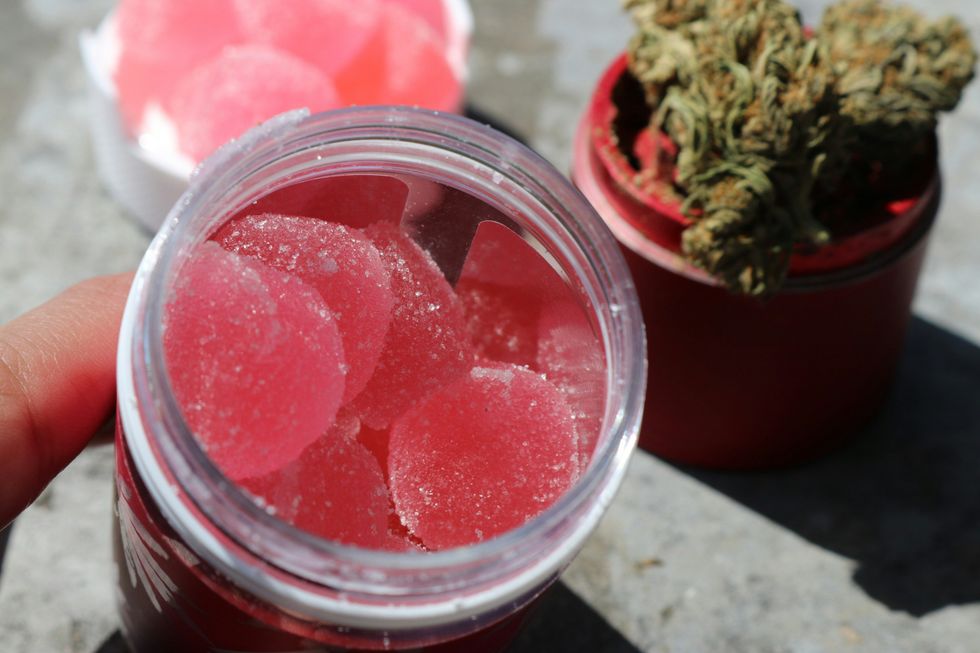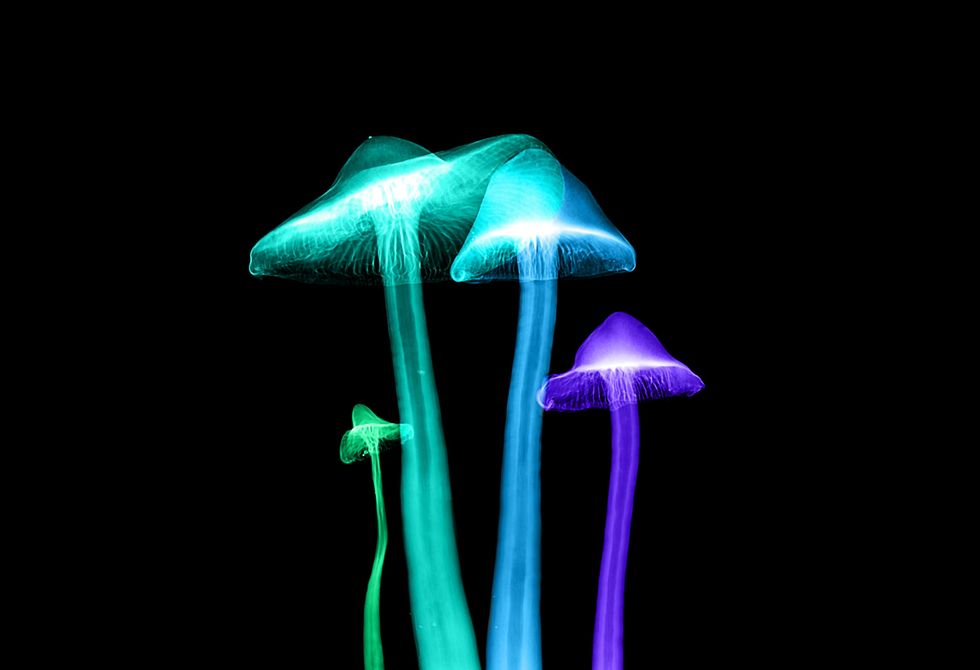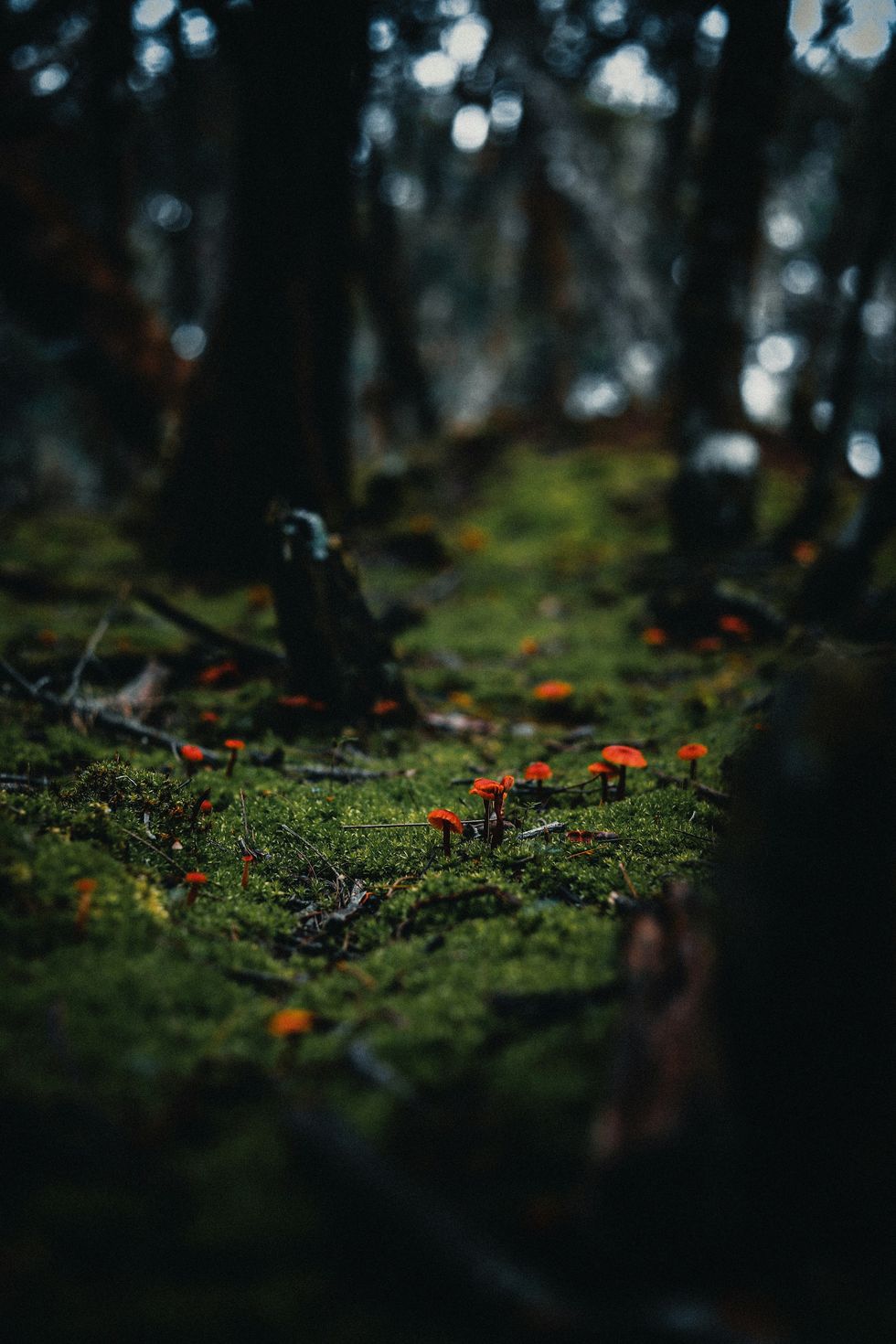During an appearance on a radio talk show, New Jersey Governor Phil Murphy reiterated his support for legalizing recreational marijuana saying it would help the state’s struggling economy, which has been hit hard from the coronavirus pandemic.
In the interview, Murphy spoke about legalization and called it “an incredibly smart thing to do.” The topic was brought up as the governor spoke about the challenges and plans in fighting the COVID-19 outbreak. “We’re not inventing marijuana. It exists,” Murphy added.
Like most states, New Jersey has been economically devastated due to the world's current health crisis. The state plans to borrow up to $9.9 billion to balance the budget, after the Governor signed the proposal sent to him by the state legislature.
Additionally, Murphy discussed how legalization would have a positive impact for the financial and business sectors. A 2016 report estimated that New Jersey could receive $305 million in sales taxes per year on legal weed sales, if the state uses a sliding 25% tax scale and priced product at $350/ounce, which is typical in the medicinal market.
It’s a job creator. It’s a tax revenue raiser. It checks a lot of boxes. I hope we’ll get there sooner than later.
New Jersey Governor Phil Murphy
Murphy also touched on how legalization impacts criminal justice reform. According to NJ.com, police arrest 3.5 times more Black people than white people for marijuana use in New Jersey, even though usage is similar among each race. Last month the State Assembly passed a bill decriminalizing possession of up to two ounces of marijuana, although the Senate has yet to vote on the measure.
There have been multiple, failed attempts by the state's legislature to legalize marijuana, so New Jersey lawmakers agreed to let voters decide the issue at the November, 2020 ballot box. New Jersey will join Arizona and South Dakota's recreational marijuana voter initiatives this fall. Pennsylvania's Democratic Senators recently sent a letter to their governor arguing that lawmakers should pursue adult-use legalization in order to make up for COVID-19 budget shortfalls.
Many experts agree that if New Jersey approves legalization, both Pennsylvania and New York will not be far behind, as these states would not want to lose tax revenues to neighboring New Jersey.
Recent polls show that six in ten New Jersey voters support recreational legalization. Even if the measure passes in November, however, lawmakers will still have to appoint a regulatory commission indicating that actual sales will not commence until months after the vote.
New Jersey became the 14th state to allow medical marijuana when the New Jersey Compassionate Use Medical Marijuana Act was passed by the state legislature on January 11, 2010.
Get all of the information on NJ.com.
Are you still missing out on The Bluntness newsletter? Sign Up today to stay in the loop.














 Apple Fritter Strain - The Bluntness
Apple Fritter Strain - The Bluntness Apple Fritter Strain Review
null
Apple Fritter Strain Review
null


 Can Drug Dogs Smell Edibles? - The Bluntness
Photo by
Can Drug Dogs Smell Edibles? - The Bluntness
Photo by  Can Drug Dogs Smell Edibles? - The Bluntness
Photo by
Can Drug Dogs Smell Edibles? - The Bluntness
Photo by 
 Introduction to Psychoactive Mushrooms: The Aztec God Strain - The Bluntness
Photo by
Introduction to Psychoactive Mushrooms: The Aztec God Strain - The Bluntness
Photo by  Introduction to Psychoactive Mushrooms: The Aztec God Strain - The Bluntness
Photo by
Introduction to Psychoactive Mushrooms: The Aztec God Strain - The Bluntness
Photo by